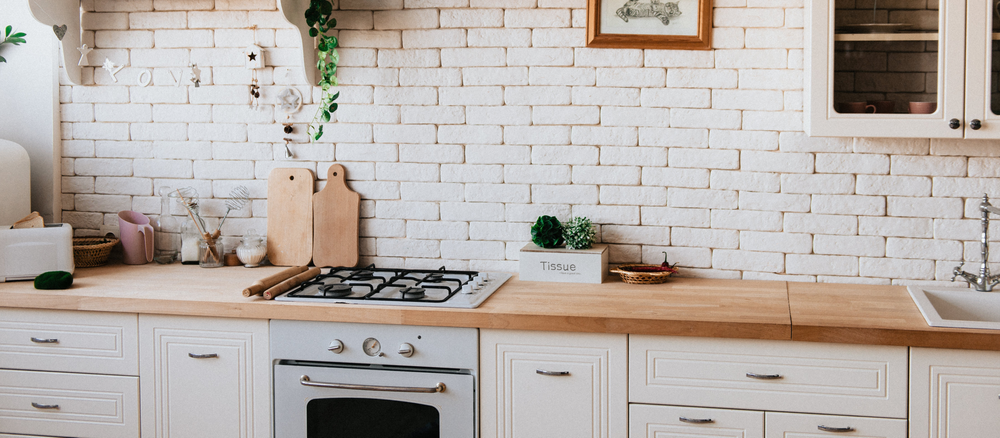Propane is a versatile and efficient fuel source that powers a wide range of appliances, from stoves and water heaters to grills and generators. To ensure your propane systems and appliances continue to perform safely and efficiently, regular maintenance is essential. In this article, we'll explore the maintenance required for propane systems and appliances, providing you with valuable insights on how to keep your equipment in tip-top shape to ensure efficiency and safety.
Regular Inspections
The first step in maintaining your propane systems and appliances is to perform regular inspections. These inspections should be carried out by a certified technician to ensure safety and compliance with regulations. Tankfarm provides free safety inspections for all new customers. Here are some key aspects of these inspections:
Leak Detection: Propane is an odorless gas, but a distinctive smell is added to help detect leaks. Technicians will check for leaks in the propane system to prevent hazardous situations.
Regulator Inspection: The regulator is a critical component that controls the flow of propane. Inspectors will ensure that the regulator is functioning correctly.
Appliance Check: Each propane appliance should be inspected for any signs of wear and tear, including burner operation and proper ignition.
Tank and Line Maintenance
Your propane tank and the connecting lines are integral parts of the propane system. Regular maintenance for these components is essential for safety and efficiency:
Tank Inspection: Tanks should be inspected for rust, dents, and other physical damage. Technicians will also check the pressure relief valve and the tank's overall integrity.
Line Inspection: The propane lines that connect your tank to your appliances should be inspected for signs of damage, including cracks, leaks, or loose fittings.
Pressure Testing: Pressure testing is essential to verify that there are no leaks in the system and to ensure that the tank and lines can withstand the pressure they are subjected to.
Cleaning and Ventilation
Cleanliness and proper ventilation are essential for the safe and efficient operation of propane appliances:
Burner Maintenance: The burners on your propane appliances should be cleaned regularly to remove any debris or carbon buildup that could affect their performance.
Ventilation: Ensure that your propane appliances have proper ventilation to allow for the safe release of combustion gases. Clogged vents can lead to a buildup of dangerous fumes.
Follow Manufacturer's Guidelines
It's important to adhere to the manufacturer's guidelines for your specific propane appliances. These guidelines will provide information on maintenance schedules, recommended cleaning procedures, and troubleshooting tips.
Educate Yourself
Proper education on propane systems and appliances is vital for their maintenance. Learn how to shut off the gas supply in case of an emergency and understand the warning signs of a propane leak. This knowledge can save lives and prevent accidents.
Schedule Regular Professional Maintenance
While some maintenance tasks can be performed by homeowners, it's crucial to schedule professional maintenance annually. A certified propane technician will have the expertise and tools to perform a thorough inspection and address any issues that may arise.
Maintaining your propane systems and appliances is essential for safety, efficiency, and longevity. Regular inspections, tank and line maintenance, cleaning, and following manufacturer guidelines are crucial steps in this process. Educating yourself about propane safety and scheduling professional maintenance will ensure that your propane systems and appliances continue to serve you reliably. By following these maintenance tips, you can enjoy the benefits of propane while ensuring the safety of your home and loved ones. Tankfarm simplifies the process of purchasing propane for all your energy needs. Sign up today with Tankarms.




